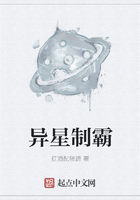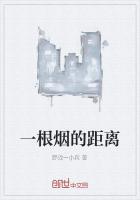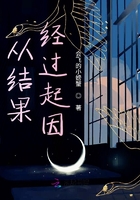19.Perceive at last that thou hast in thee something better and more divine than the things which cause the various affects, and as it were pull thee by the strings. What is there now in my mind? Is it fear, or suspicion, or desire, or anything of the kind?
20.First, do nothing inconsiderately, nor without a purpose. Second, make thy acts refer to nothing else than to a social end.
21.Consider that before long thou wilt be nobody and nowhere, nor will any of the things exist which thou now seest, nor any of those who are now living. For all things are formed by nature to change and be turned and to perish in order that other things in continuous succession may exist.
22.Consider that everything is opinion, and opinion is in thy power. Take away then, when thou choosest, thy opinion, and like a mariner, who has doubled the promontory, thou wilt find calm, everything stable, and a waveless bay.
23.Any one activity whatever it may be, when it has ceased at its proper time, suffers no evil because it has ceased; nor he who has done this act, does he suffer any evil for this reason that the act has ceased. In like manner then the whole which consists of all the acts, which is our life, if it cease at its proper time, suffers no evil for this reason that it has ceased; nor he who has terminated this series at the proper time, has he been ill dealt with. But the proper time and the limit nature fixes, sometimes as in old age the peculiar nature of man, but always the universal nature, by the change of whose parts the whole universe continues ever young and perfect. And everything which is useful to the universal is always good and in season. Therefore the termination of life for every man is no evil, because neither is it shameful, since it is both independent of the will and not opposed to the general interest, but it is good, since it is seasonable and profitable to and congruent with the universal. For thus too he is moved by the deity who is moved in the same manner with the deity and moved towards the same things in his mind.
24.These three principles thou must have in readiness. In the things which thou doest do nothing either inconsiderately or otherwise than as justice herself would act; but with respect to what may happen to thee from without, consider that it happens either by chance or according to Providence, and thou must neither blame chance nor accuse Providence. Second, consider what every being is from the seed to the time of its receiving a soul, and from the reception of a soul to the giving back of the same, and of what things every being is compounded and into what things it is resolved. Third, if thou shouldst suddenly be raised up above the earth, and shouldst look down on human things, and observe the variety of them how great it is, and at the same time also shouldst see at a glance how great is the number of beings who dwell around in the air and the aether, consider that as often as thou shouldst be raised up, thou wouldst see the same things, sameness of form and shortness of duration. Are these things to be proud of?
25.Cast away opinion: thou art saved. Who then hinders thee from casting it away?
26.When thou art troubled about anything, thou hast forgotten this, that all things happen according to the universal nature; and forgotten this, that a man"s wrongful act is nothing to thee; and further thou hast forgotten this, that everything which happens, always happened so and will happen so, and now happens so everywhere; forgotten this too, how close is the kinship between a man and the whole human race, for it is a community, not of a little blood or seed, but of intelligence. And thou hast forgotten this too, that every man"s intelligence is a god, and is an efflux of the deity; and forgotten this, that nothing is a man"s own, but that his child and his body and his very soul came from the deity; forgotten this, that everything is opinion; and lastly thou hast forgotten that every man lives the present time only, and loses only this.















